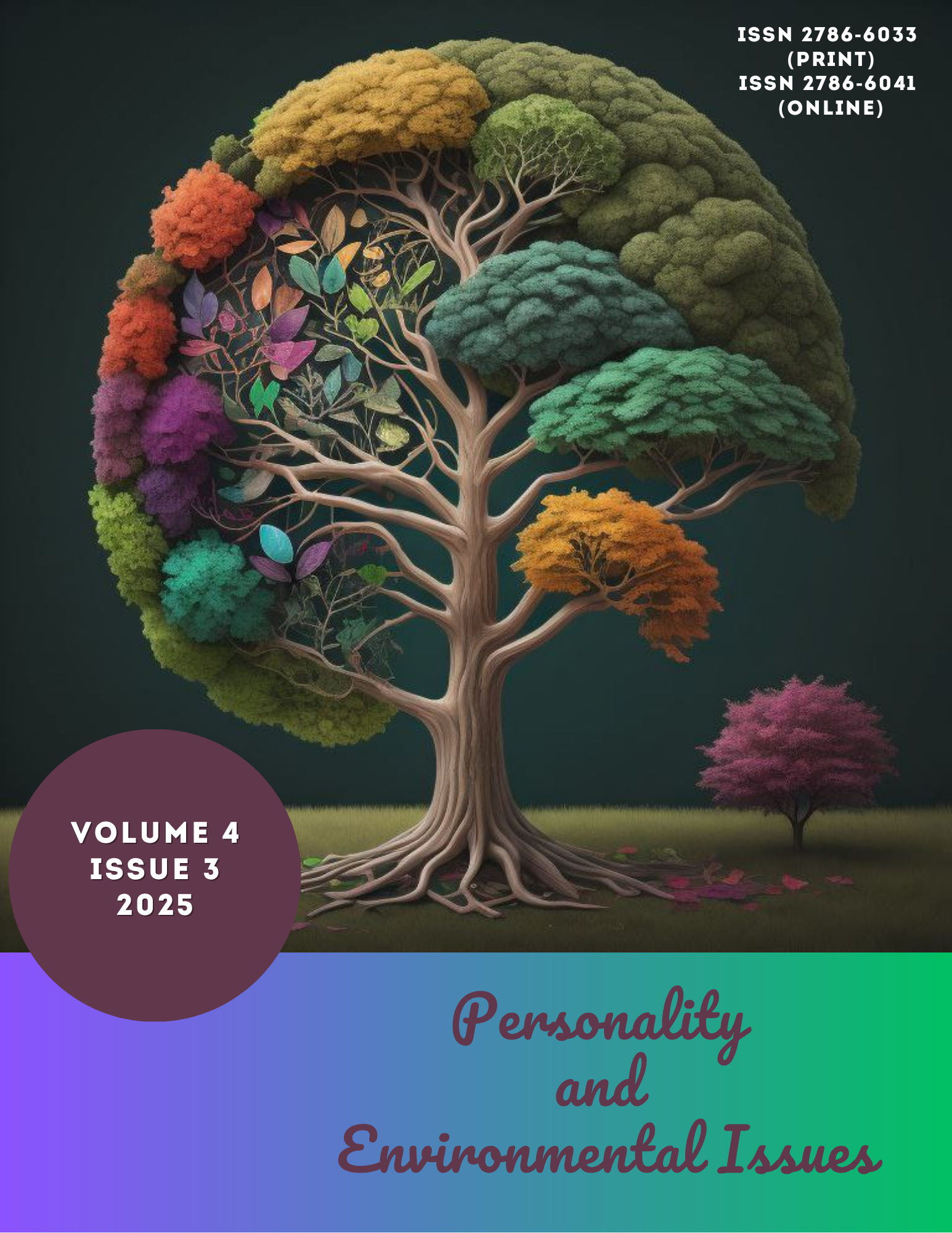Abstract
The article is devoted to one of the key problems of modern pedagogical psychology – the study of the genesis of reflection in primary school students. The relevance of the topic is determined by a strategic shift in the educational paradigm, enshrined in the concept of the New Ukrainian School (NUS). The transition from a knowledge-based to a competency-based model brings to the fore the formation of the key competency of “learning to learn,” the psychological core of which is not simply knowledge, but developed metacognitive skills and reflective abilities. Without the student's ability to self-analyze, self-control, and self-correct, it is impossible to become a subject of educational activity. The study aims to overcome the contradiction between the declared goal of NUS and the insufficient development of psychological and pedagogical conditions for the formation of reflection in practice.
The study is based on a synthesis of leading American, European, and Ukrainian psychological concepts. The theoretical basis is provided by: The American school: the works of J. Dewey (the concept of reflective thinking), J. Flavell (the theory of metacognition), and S. Harter (the theory of motivation and self-esteem). European school: J. Piaget's cognitive constructivism (the role of decentralization in the development of reflection) and R. Alexander's concept of dialogic learning. Ukrainian psychological school: ideas of G.S. Kostiuk on the unity of thinking and self-awareness, as well as the genetic-psychological theory of personality by S.D. Maksymenko, which considers reflection as a key mechanism of self-regulation and personal development.
The purpose of the article is to provide a theoretical analysis of approaches to the problem and an empirical study of the age dynamics of reflection development (in grades 2 and 4), as well as to identify its leading psychological factors. To achieve this goal, an empirical study was conducted on a sample of 80 students (N=80). A set of valid diagnostic tools was used: an adapted version of the “Metacognitive Awareness Questionnaire for Children” (Jr. MAI), the “Intrinsic and Extrinsic Orientation Scale” (S. Harter), the “Ladder” technique (self-assessment diagnostics), and a lesson observation chart (based on the principles of R. Alexander).
Empirical analysis revealed a clear positive trend in the development of reflection. A qualitative transition was established from externally situational, teacher-oriented reflection in the 2nd grade to the formation of elements of internal metacognitive (monitoring the process of action) and personal (analysis of one's own states and causes of difficulties) reflection in the 4th grade. Using correlation analysis (r-Pearson), the leading psychological factors that determine the process of reflection development in younger schoolchildren were identified.
It was concluded that the development of reflection in primary school age is a systematic process that does not occur automatically but is determined by a triad of factors: motivational (presence of interest), personal (adequate self-esteem), and pedagogical (dialogical environment). The results of the study justify the need to introduce targeted programs into the NUS practice, aimed at developing not only cognitive skills, but also forming an adequate “I-concept” and cognitive interest of students.
References
Savchenko, O. Y. (2021). New Ukrainian School: Challenges and Prospects for Primary Education. Ukrainian Pedagogical Journal, 1, 10–22.
Voloshenko, O. V. (2022). Formation of reflective skills in younger schoolchildren in the context of the NUS competency-based approach. Pedagogy and Psychology, 3(112), 45–54.
Kostyuk, G. S. (2021). Psychology of thinking and self-awareness: a retrospective analysis in the modern context. Psychological Journal, 7(5), 15–28.
Liashch, O., & Voronyuk, A. (2024). Socio-psychological features of the manifestation of soft skills in beginner students during wartime. Personality and Environmental Problems, 3 (4), 61-67.
Maksymenko, S. D., & Chepeleva, N. V. (2023). Genetic-psychological approach to the problem of personality self-regulation. Bulletin of the National Academy of Pedagogical Sciences of Ukraine, 5(1), 1–12.
Savchenko, O. Ya. (2021). Kompetentnisnyi pidkhid u pochatkovii osviti yak stratehichnyi oriientyr Novoi ukrainskoi shkoly [Competency-based approach in primary education as a strategic guideline for the New Ukrainian School]. Ukrainskyi pedahohichnyi zhurnal, (2), 10–18.
Higgins, S. (2021). Reflective thinking and practice: John Dewey’s legacy for the 21st century classroom. Education Inquiry, 12(2), 115–128.
Zepeda, C. D., & Dimmitt, J. (2022). Metacognition in elementary school: A systematic review of intervention studies. Educational Psychology Review, 34, 803–831.
Muis, K. R., & Sinatra, G. M. (2023). Re-examining Piaget: The enduring relevance of concrete operations for modern elementary education. Journal of Cognitive Education and Psychology, 22(1), 45–60.
Loughran, J. J. (2020). The power of Donald Schön’s 'reflection-in-action' in teacher education. Reflective Practice, 21(3), 344–355.

This work is licensed under a Creative Commons Attribution 4.0 International License.
Copyright (c) 2025 Тетяна Редько, Марина Стадник




